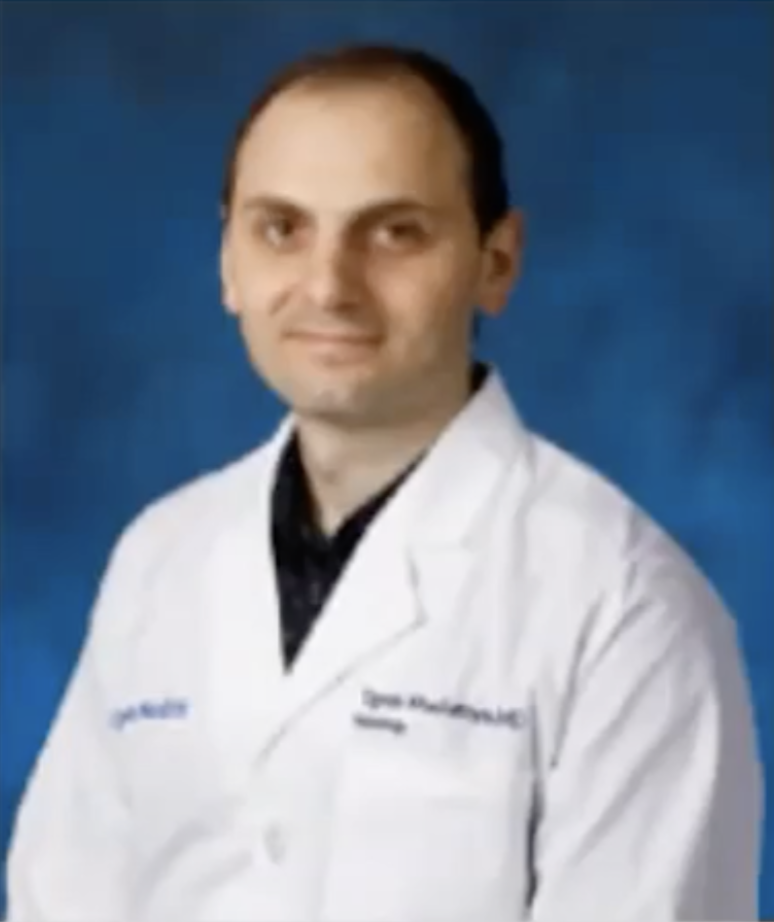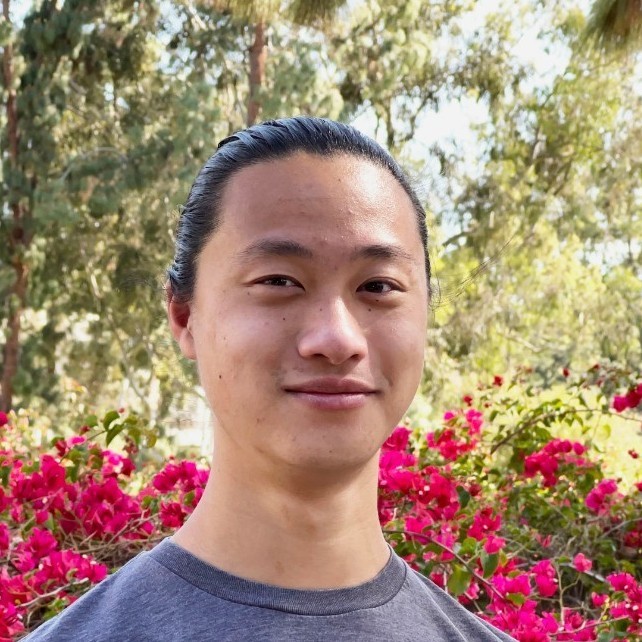Our Purpose
Giving neurosurgeons a way to practice implanting deep brain stimulation devices to help combat neurological movement disorders.

Giving neurosurgeons a way to practice implanting deep brain stimulation devices to help combat neurological movement disorders.
The physical simulation model of the skull contains the 3D cross section of the brain with two separate tracks in which the user can insert microelectrodes within the basal ganglia found inside the brain. Magnetometers are utilized to detect the presence of the microelectrode which then triggers the LCD screen to display waveforms and the speaker module to play the respective, matching sound.
The LCD screen module displays representative waveforms upon placement of a microelectrode at a specific area of the basal ganglia within the brain. The appropriate waveforms are uploaded on a microSD card and are displayed concurrently with the appropriate sound.
The speaker module, which is connected to the Arduino Uno, plays the appropriate sound upon insertion of a microelectrode at a specific area of the basal ganglia within the brain. The speaker module plays .wav files (audio recordings of various DBS procedures) from a microSD card, preloaded with the appropriate sounds.
Our patent pending product, the DBS Learner, is the first ever hands-on DBS training device on the market. The novelty of DBS Learner places it first in the market when compared to its competitors.
| Technique | Accessible | Practical | Accurate | Portable |
|---|---|---|---|---|
| Shadowing | ✘ | ✘ | ✘ | |
| Online Simulations | ✘ | ✘ | ||
| Lectures | ✘ | ✘ | ||
| Surgical Robotic Arm | ✘ | ✘ | ||
 |
Easily ACCESSIBLE, making it widely available to surgical residents in teaching hospitals. |
Extremely PRACTICAL, allowing trainees to gain a direct, repeatable, and detailed hands-on experience. |
Highly ACCURATE, resulting in a proportional transfer of learned material to a patient. |
Conveniently PORTABLE, allowing for repeatable training sessions in quiet environments. |

The market potential for our training device strictly depends on the growth of the DBS devices market size. In 2020, the DBS devices market was valued at $1.19 billion, globally and it is expected to reach $2.15 billion by 2026, exhibiting a compound annual growth rate (CAGR) of 10.39%.

The target market of DBS learner consists of doctors and residents at teaching hospitals who are in need of hands-on training prior to performing the DBS procedure. The novelty of our device allows us to introduce the device to the market at a high sale value.
Our current plan is to sell or license our patent to a DBS manufacturing company on the market. The buyer will then commercialize the device through company sales representatives and can sell the DBS Learner either as an add-on to their product or as a single unit to the hospitals. Our profit will depend on the IP sale value and negotiated royalty fees in the case of licensing the patent.

Assistant Professor Department of Neurology

Assistant Professor Department of Neurology

Resident Physician Department of Neurology




